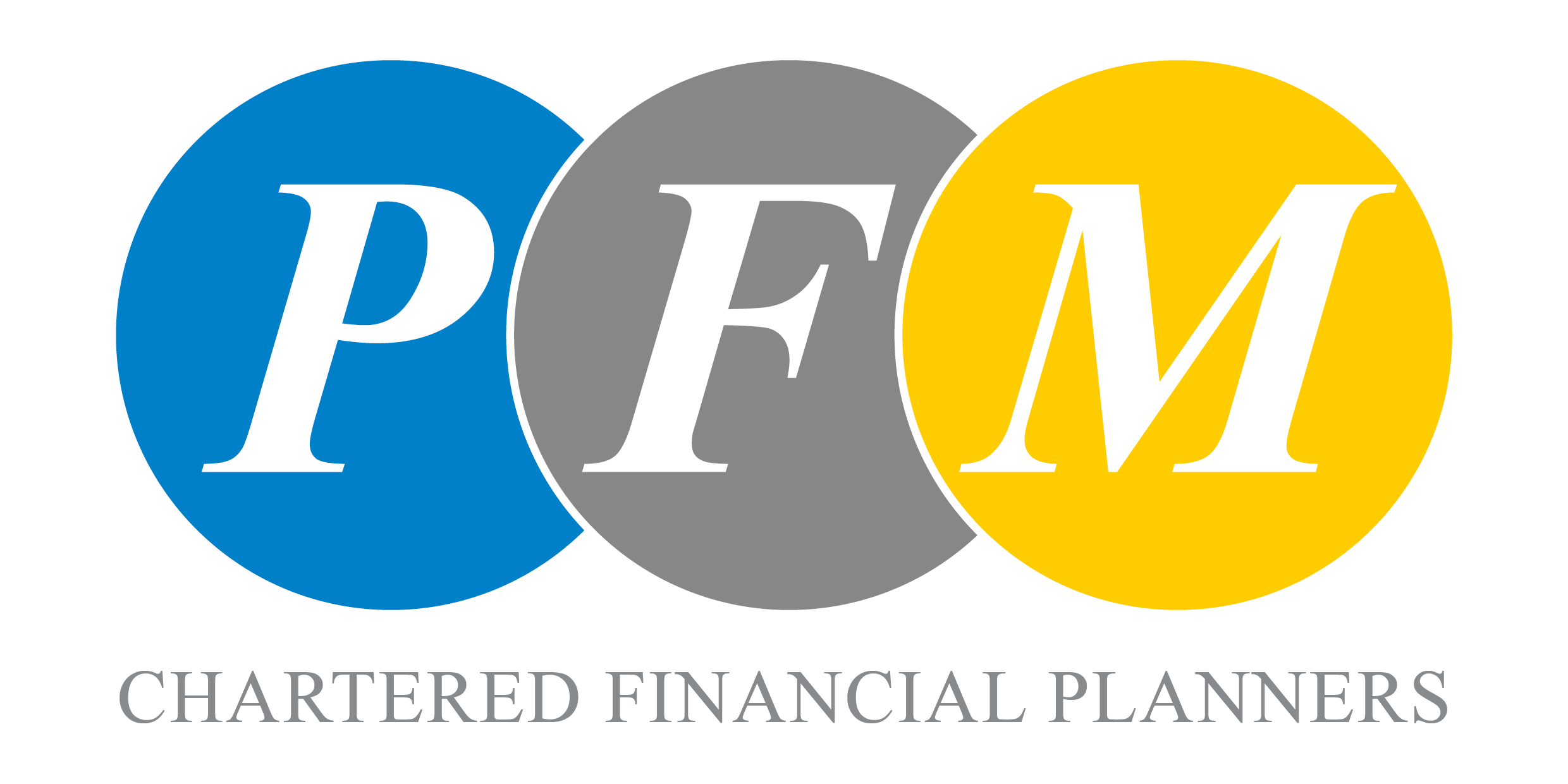Have you ever thought about the impact your money has? You may have considered how your money is invested, but how about where your money is saved? Good Money Week raises awareness of sustainable, responsible, and ethical finances. This year it runs between 2–8 October, making now the perfect time to learn more about the impact your money has.
But what does “ethical” money mean?
There are pressing global issues, from climate change to inequality, and, in many cases, companies are contributing to these problems in some way. You may already make decisions in light of these challenges, such as choosing fair trade grocery products or clothes made from sustainable materials. Ethical finance means making the same thought process a part of your financial decisions. How you use money, whether spending or saving, has an impact on the world.
When you think of ethical decisions, climate change and the environment may spring to mind, but the term encompasses far more than this. It could also mean how a company treats its employees or an executive’s bonus pay, and whether these reflect your values.
Ethical money decisions are becoming more popular. According to an FT Adviser report, ESG funds, which take environmental, social, and governance factors into consideration, accounted for 90% of equity inflows in July.
If you want to reflect ethical values in your financial decisions, where should you start?
Review your savings account
When saving, you probably focus on the interest rate, but the account and provider you choose can have an impact on the world too.
You can choose a bank or building society that has internal ethical policies, such as promoting gender equality within the workplace or paying a living wage to all staff.
It’s common to view savings as static, that the money you place there simply stays in your account. However, providers use this money for a variety of purposes, such as lending money to people and businesses. Does the bank or building society use your money in a way that aligns with your values?
It can be difficult to know if your bank is ethical or how it compares to your views. The Good Shopping Guide provides a rating table that allows you to compare different options and see how different organisations are rated across a range of criteria, from political donations to environmental destruction.
If you decide to switch your current account, there is a seven-day switch guarantee that makes it simple. Your new bank will switch your payments, such as direct debits, then transfer your balance, and close your old account within seven days.
Choose ethical investments
As mentioned above, ESG investing is on the rise, and it may be something you want to consider too.
ESG investing doesn’t mean discounting the usual considerations you make. You should still consider things like your investment goals and risk profile. However, in addition to these factors, you’ll also look at how a company’s practices have an impact on environmental, social, and governance issues.
It is possible to select investments with your own ESG criteria in mind, but this can be a time-consuming process and requires a lot of resources. For most investors who want to incorporate ESG issues into their portfolio, they can choose an ESG fund that aligns with their financial situation and values. This allows you to invest in a variety of companies that meets the fund’s criteria.
Remember, your pension is invested too. As your pension is typically invested over decades, the decisions you make can have a large impact. Usually, your pension will be invested in a default fund if you don’t choose one. However, there will often be several funds you can choose from, including an ethical fund or ones with different risk profiles.
You should consider your risk profile before switching your pension, as returns could affect your retirement plans. If you do decide to switch your pension fund, it’s often possible to switch by logging into your online account.
Do you want to reflect your ethical values in your financial decisions? We can help you understand what changes you could make to your finances. Please get in touch if you have any questions.
Please note: This blog is for general information only and does not constitute advice. The information is aimed at retail clients only.
The value of your investment can go down as well as up and you may not get back the full amount you invested. Past performance is not a reliable indicator of future performance.
A pension is a long-term investment. The fund value may fluctuate and can go down, which would have an impact on the level of pension benefits available. Your pension income could also be affected by the interest rates at the time you take your benefits.
The tax implications of pension withdrawals will be based on your individual circumstances, tax legislation and regulation, which are subject to change in the future.





